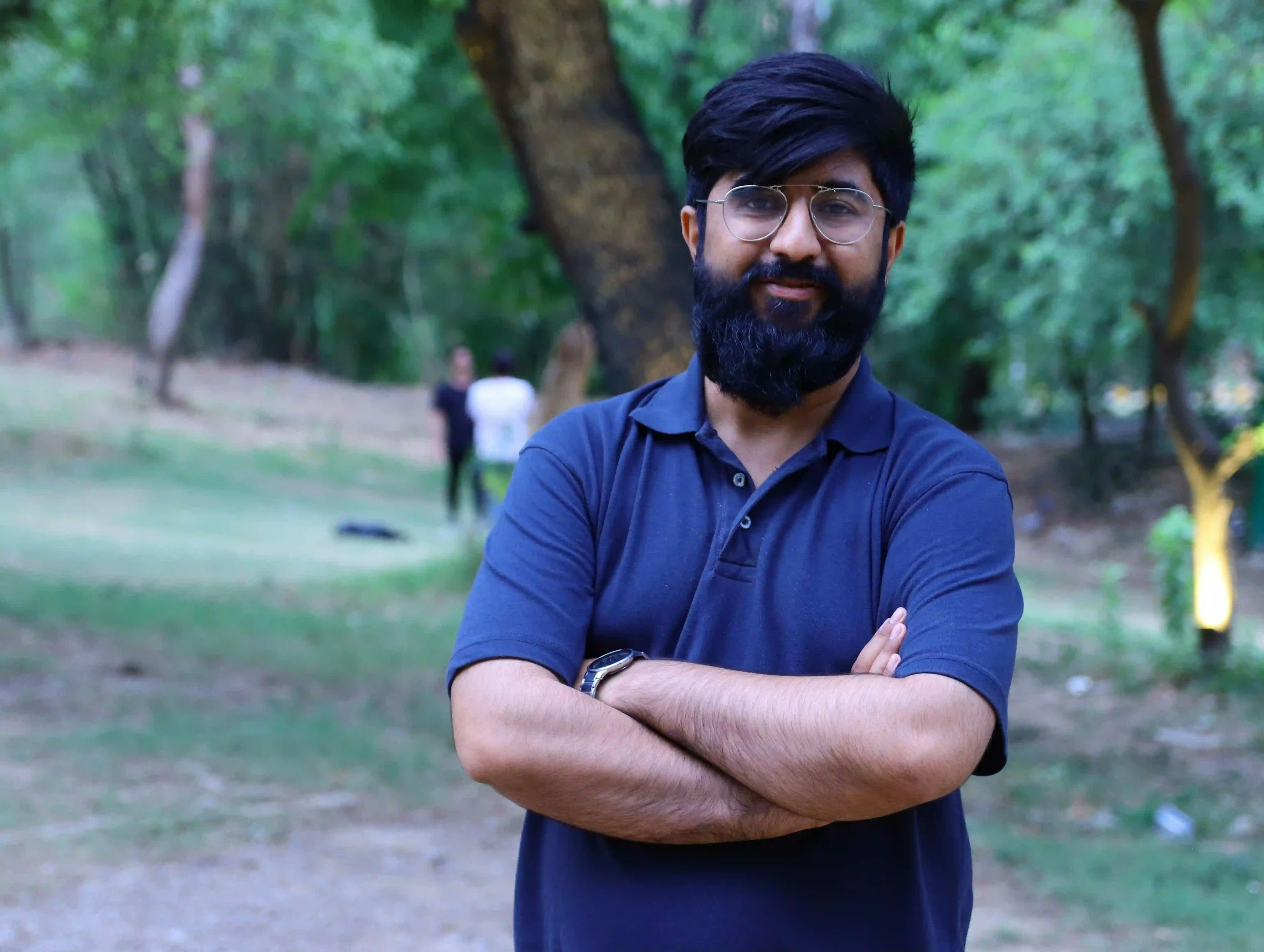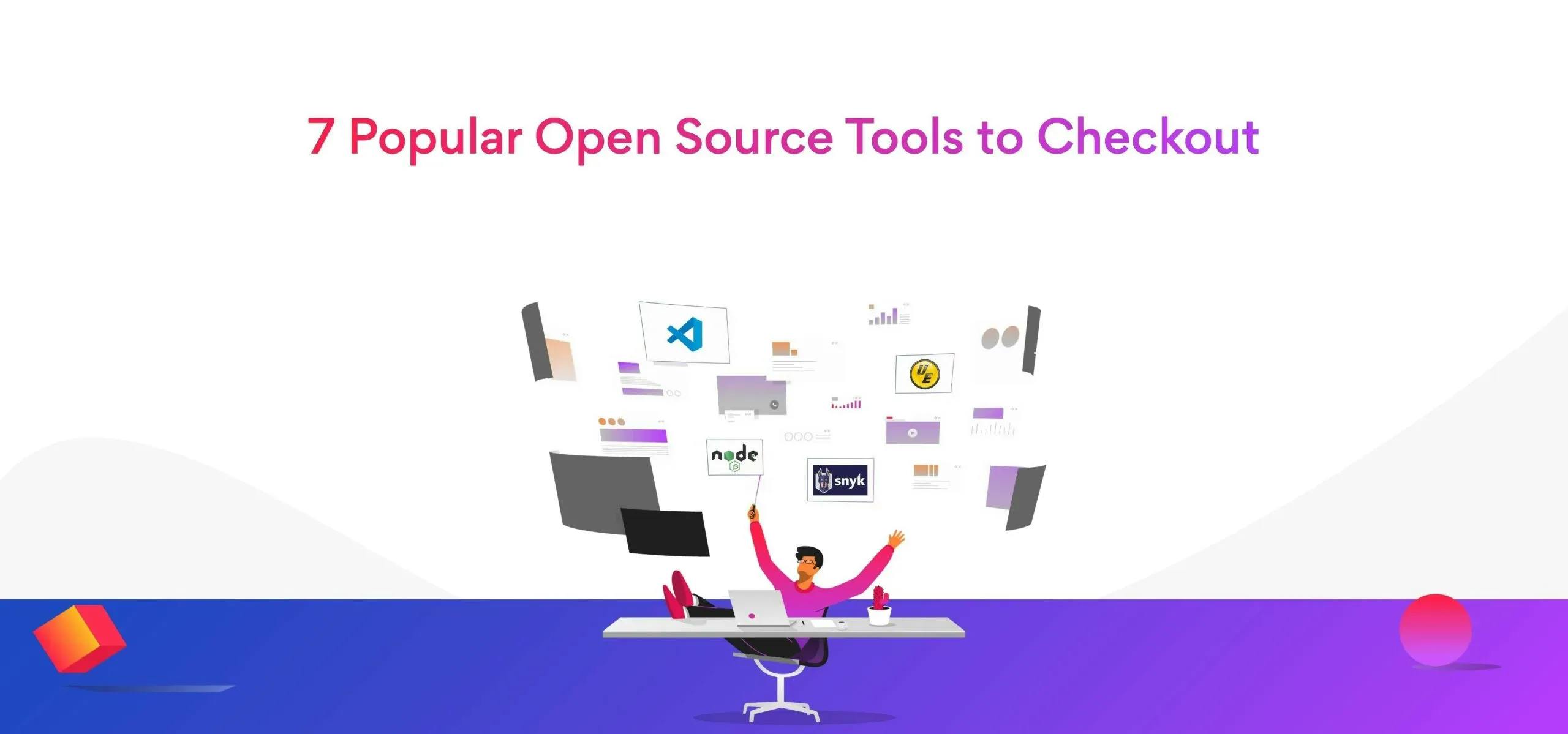Remote senior Cloud DevSecOps architect jobs
We, at Turing, are looking for qualified remote senior Cloud DevSecOps architects who will be assisting and contributing to implementing core cloud components and documentation of critical design and configuration details to support enterprise cloud initiatives. Get an opportunity to work with the leading U.S. companies and rise quickly through the ranks.
Find remote software jobs with hundreds of Turing clients
Job description
Job responsibilities
- Collaborate with the cross-functional teams to map out the tech stack, development tools, infrastructure, and processes to ensure quick delivery
- Set up a highly automated, easy-to-use DevSecOps pipeline to meet the necessary compliance requirements
- Assist with prompt DevOps operational support when required
- Plan and improve the DevSecOps solutions to maintain and accommodate the changing needs of developers
- Build and set up new development tools and infrastructure
- Research and find new ways to automate and improve development and release processes
- Make sure that systems are safe and secure against cybersecurity threats
- Perform root cause analysis to identify technical problems to resolve quickly
- Actively engage software engineers and developers on the team to seekout issues and areas for improvement
- Stay abreast of trends and explore new frameworks, technologies and programming languages
Minimum requirements
- Bachelor’s/Master’s degree in Engineering, Computer Science (or equivalent experience)
- At least 5+ years of professional security engineering or software development experience (rare exceptions for highly skilled developers)
- Experience in deploying and managing cloud resources on either AWS, Azure, or Google Cloud Platform
- Experience in building DevOps pipelines
- Experience in Cloud Native Technologies (e.g. Serverless / Docker / Kubernetes)
- Knowledge of infrastructure security/security testing, identity and access management
- Experience with any of the following technologies - AWS, VMWare, Microsoft Azure or GCP
- Fluency in English language for effective communication
- Ability to work full-time (40 hours/week) with a 4 hour overlap with US time zones
Preferred skills
- Sound understanding of Virtualization
- Experience of secure coding practices and infrastructure-based processes
- Ability to conduct security assessments and analysis
- Knowledge of application security scanning and testing tools like Contrast, Veracode, Netsparker, etc.
- Ability to evaluate complex information to make appropriate decisions
- Ample interest in advanced technologies
- Experience working within an Agile environment
- Strong communication, organizational and managerial skills
Interested in this job?
Apply to Turing today.
Why join Turing?
1Elite US Jobs
2Career Growth
3Developer success support
How to become a Turing developer?
Create your profile
Fill in your basic details - Name, location, skills, salary, & experience.
Take our tests and interviews
Solve questions and appear for technical interview.
Receive job offers
Get matched with the best US and Silicon Valley companies.
Start working on your dream job
Once you join Turing, you’ll never have to apply for another job.

How to become a remote Senior Cloud DevSecOps architect?
The software development industry has drastically changed over the last decade. Most companies and developers steer away from legacy solutions and prefer working with modern cloud services. These allow developers to build applications using cloud technologies to make them easily accessible and scalable based on requirements. This has managed to resolve several problems including budgeting constraints. But along with knowledge of utilizing cloud solutions to build modern applications, companies also actively try to find people capable of implementing security features and patches. For which, DevSecOps architects have become an in-demand career path.
Cloud enabled DevSecOps development processes are globally accepted models and have been in use for the better part of the decade. With the growth in popularity of cloud computing, companies quickly started to migrate applications to the cloud. This initially posted a huge challenge to the developer community, especially to meet delivery deadlines and maintain communication within teams. The DevOps model helps both - the developers and also the entire industry to meet the evolving requirements. But this still positioned security testing phases post project completion.
When cloud computing became popular in the early 2010s and applications began migrating to the cloud, software engineers faced tough challenges to meet delivery demands and maintain communication between teams. The DevOps model was created to meet these changing needs. However, the DevOps model still puts security at the end of a project. But the introduction of DevSecOps managed to bypass such limitations and provide a streamlined approach to build and secure applications at the same time. Implementing security protocols and best practices throughout the development lifecycle seems to have become the preferred model of most development teams. DevSecOps architects can help to deploy the best security protocols during development helping to produce more secure and reliable applications for end-users.
What is the scope of DevSecOps architects?
In the current software development industry, DevSecOps with knowledge of cloud solutions can quickly build a steady career. Mastering such skills can help a developer continuously scale their careers by securing new and most rewarding positions in the industry. DevSecOps is quite different from traditional cybersecurity implementations and requires expertise in configuring security measures while coding. Based on the benefits and importance of such technologies in the current market, it has become essential for most tech firms to source DevSecOps architects capable of utilizing such skills.
As per the current trends of the software industry, DevSecOps is used as the superseded of traditional DevOps. Helping to improve the visibility of threats, development teams can utilize such information for distributing tasks to individuals capable of securing entire applications. Any DevSecOps developer with the required set of skills can help to manage such processes and remove vulnerabilities with ease. Security measures are considered as a team effort and implemented from inception to shipping of applications. Without proper security integrations in place throughout the development process, applications are left vulnerable with security threats often identified post development completion or go unnoticed.
This has drastically increased the importance of continuous implementation of security protocols to improve security from ground up. Uch requirements have made DevSecOps architecture as one of the sought roles in the tech community with companies always vying onboard the best talents.
What are the responsibilities and roles of a DevSecOps architect?
The recurring duties of DevSecOps engineers is to keep providing new and efficient ways to build, extend, or maintain end-to-end solutions. While hired for such a role, developers need to look into different areas like development strategies, infrastructure, and key progresses related to DevSecOps development. Developers also need to closely work on building and configuring efficient data pipelines and provide prompt DevOps operational support whenever required. Developers are also expected to have thorough understanding of security implementations and protocols to devise safe and compliant solutions with understanding of cybersecurity threats.
- Partner with cross-functional teams to map out the tech stack, development tools, infrastructure, and processes to ensure quick deliveries
- Configure highly automated and easy-to-use DevSecOps pipelines to meet the necessary compliance requirements
- Provide quick and continuous DevOps operational support whenever required
- Develop ideas and fine-tune DevSecOps solutions for maintaining and accommodating the evolving needs of developers
- Develop and configure new development tools and infrastructure
- Research and conceptualize new approaches to automate and improve development and release processes
- Ensure deep system security against cybersecurity threats
- Perform root cause analysis to identify and resolve technical problems quickly
- Actively engage software engineers and developers on the team to seekout issues and areas for improvement
- Keep developing knowledge of evolving trends and explore new frameworks, technologies and programming languages
How to become a DevSecOps developer?
DevSecOps can be a wise career choice for developers as it has become in-demand in the modern software development industry. Companies from around the world actively look to bring skilled DevSecOps specialists to drive specific processes. To be considered a high-value DevSecOps developer, you need to possess a thorough understanding of the essential set of tools. You should also try to improve technical proficiency in utilizing modern backend solutions. Companies prefer to hire developers well-versed in working with languages like Python, Ruby on Rails, and more. Ability to utilize GitHub and knowledge of working on CI/CD integrations and related processes should also be helpful.
Along with technical knowledge, a degree in computer science or related areas should also help to get hired. As a developer, it is also important to stay updated with the latest developments in the domain. For more details amount the requirements to become a DevSecOps developer, go through the list below.
Interested in remote Senior Cloud DevSecOps architect jobs?
Become a Turing developer!
Skills required to become a DevSecOps architect
To take a career in software development to the next level working as a DevSecOps developer, developers need to possess thorough understanding of key skills. Here's a list of expertise that should help you to secure a good job.
1. DevOps pipelines
DevOps pipelines are sets of automated processes/tools that help both developers and operations professionals to contribute cohesively to develop and implement code to production environments. Continuous is a key trait of a DevOps pipeline. This helps developers to build, test, and deploy software faster and with more ease. It includes continuous integration, continuous delivery/deployment (CI/CD), continuous feedback, and continuous operations. Using such approaches developers prefer not to work with one-off or scheduled tests but rather each function occurs on an ongoing basis. For which, companies prefer to look for Senior Cloud DevSecOps architect with thorough knowledge of DevOps pipeline development, configuring, and maintenance processes.
2. AWS/GCP/Microsoft Azure
Almost every software or web development project is managed using cloud services in some capacity today. Working with modern cloud services doesn't just help to configure, scale, and maintain cloud services with minimum effort but also makes the entire process seamless. Today, develop should not just possess familiarity with cloud services but rather must have thorough understanding to take full advantage of such service. Base on importance of the model, there are multiple top cloud services providers available today. Tech firms have the option of working with services like AWS, Google Cloud Platform, Microsoft Azure and many more. These have not just managed to improve software development processes but also managed to introduce several benefits. These not only allow organizations shift away from in-house hosting expenses but offer the chance of adopting cost-effective development strategies.
3. Docker/Kubernetes
Containerization technologies have become a preferred resource among software developers. Working as a type of virtualization allowing applications to run on individual/isolated spaces called containers. Today, most software development projects are built using a container based model allowing utilization of servers with continuous efficiency. Modern software development companies around the world actively try to find experts with proven skills to own related processes. As a DevSecOps architect, deep understanding of technologies Docker, RKT, Kubernetes, and Serveless is essential to build a successful business. Past experience of leading or being closely associated with the containerized development process should help to secure the best openings.
4. Application Security Testing
With the rise in the number of cyber security threats and data protection protocols, Application Security Testing or AST has become an indispensable part of development processes. This allows developers to secure applications that are safe from security threats and intrusions. Developers can implement specific sets of codes to tackle identifying security issues and vulnerabilities in the source code. What started as a manual process, today most AST processes are configured as automotive solutions in order to constantly monitor for threats. Most organizations employ several different tools and technologies like Contrast, Veracode, Netsparker, and more to keep threats in check and produce safe and secure applications.
5. Version control systems
Most software development projects today are managed using small modules of code. Presently developers prefer working with modules of code that can be easily modified, scaled, and even deactivated without affecting the entire program. This has greatly influenced how developers manage development processes using versioning tools. These allow a developer to always stay updated about codes in-use to judge performance and quickly diagnose problems. Developers can also use version control systems to switch back to a stable version of code in case of major errors. For which, organizations prefer to bring in Senior Cloud DevSecOps architects with experience of working with version controllers.
6. Communication skills
To work in the modern software development industries, developers might need a lot more than just technical proficiency. In the current industry, companies prefer to hire technical wizards with confidence of interacting and presenting to various tea members. Ability to communicate with efficiency is not just good to have but rather a mandatory requirement for most positions. Developers need to possess confidence in their skills and fluency in preferred languages to contribute effectively to development processes. Interacting and communicating with various teams and stakeholders sound to be a daily responsibility for most developers. Interpersonal skills have become even more important with remote positions becoming increasingly popular. For which it is essential for every fSenior Cloud DevSecOps architect to be a confident communicator.
Interested in remote Senior Cloud DevSecOps architect jobs?
Become a Turing developer!
How to get hired as a remote Senior Cloud DevSecOps architect?
Top tech organizations look to hire Senior Cloud DevSecOps architects with experience of working on various niches. For which, constantly building up technical skillset and gathering knowledge about requirements of various industries is a must. Along with knowledge of Senior Cloud DevSecOps architect, developers are also expected to be well-versed in working with related technologies and possess efficient interpersonal skills. Developers with an understanding of user preferences also tend to be a better prospect for organizations.
Turing has quickly become a premier platform for taking careers forward working as a remote Senior Cloud DevSecOps architect. We provide developers opportunities to work on era-defining projects and business problems using state of the art technologies. Join the fastest growing network of the top developers around the globe to get hired as a full-time and long-term remote Senior Cloud DevSecOps architect with the best pay packages.
Why become a Senior Cloud DevSecOps architect at Turing?
Elite US jobs
Long-term opportunities to work for amazing, mission-driven US companies with great compensation.
Career growth
Work on challenging technical and business problems using cutting-edge technology to accelerate your career growth.
Exclusive developer community
Join a worldwide community of elite software developers.
Once you join Turing, you’ll never have to apply for another job.
Turing's commitments are long-term and full-time. As one project draws to a close, our team gets to work identifying the next one for you in a matter of weeks.
Work from the comfort of your home
Turing allows you to work according to your convenience. We have flexible working hours and you can work for top US firms from the comfort of your home.
Great compensation
Working with top US corporations, Turing developers make more than the standard market pay in most nations.
How much does Turing pay their Senior Cloud DevSecOps architect?
Every Senior Cloud DevSecOps architect at Turing can set their own pricing. Turing, on the other hand, will recommend a salary to the Senior Cloud DevSecOps architect for which we are confident of finding a fruitful and long-term opportunity for you. Our salary recommendations are based on an analysis of market conditions as well as customer demand.
Frequently Asked Questions
Latest posts from Turing
Leadership
Equal Opportunity Policy
Explore remote developer jobs
Based on your skills
- React/Node
- React.js
- Node.js
- AWS
- JavaScript
- Python
- Python/React
- Typescript
- Java
- PostgreSQL
- React Native
- PHP
- PHP/Laravel
- Golang
- Ruby on Rails
- Angular
- Android
- iOS
- AI/ML
- Angular/Node
- Laravel
- MySQL
- ASP .NET
Based on your role
- Full-stack
- Back-end
- Front-end
- DevOps
- Mobile
- Data Engineer
- Business Analyst
- Data Scientist
- ML Scientist
- ML Engineer
Based on your career trajectory
- Software Engineer
- Software Developer
- Senior Engineer
- Software Architect
- Senior Architect
- Tech Lead Manager
- VP of Software Engineering











